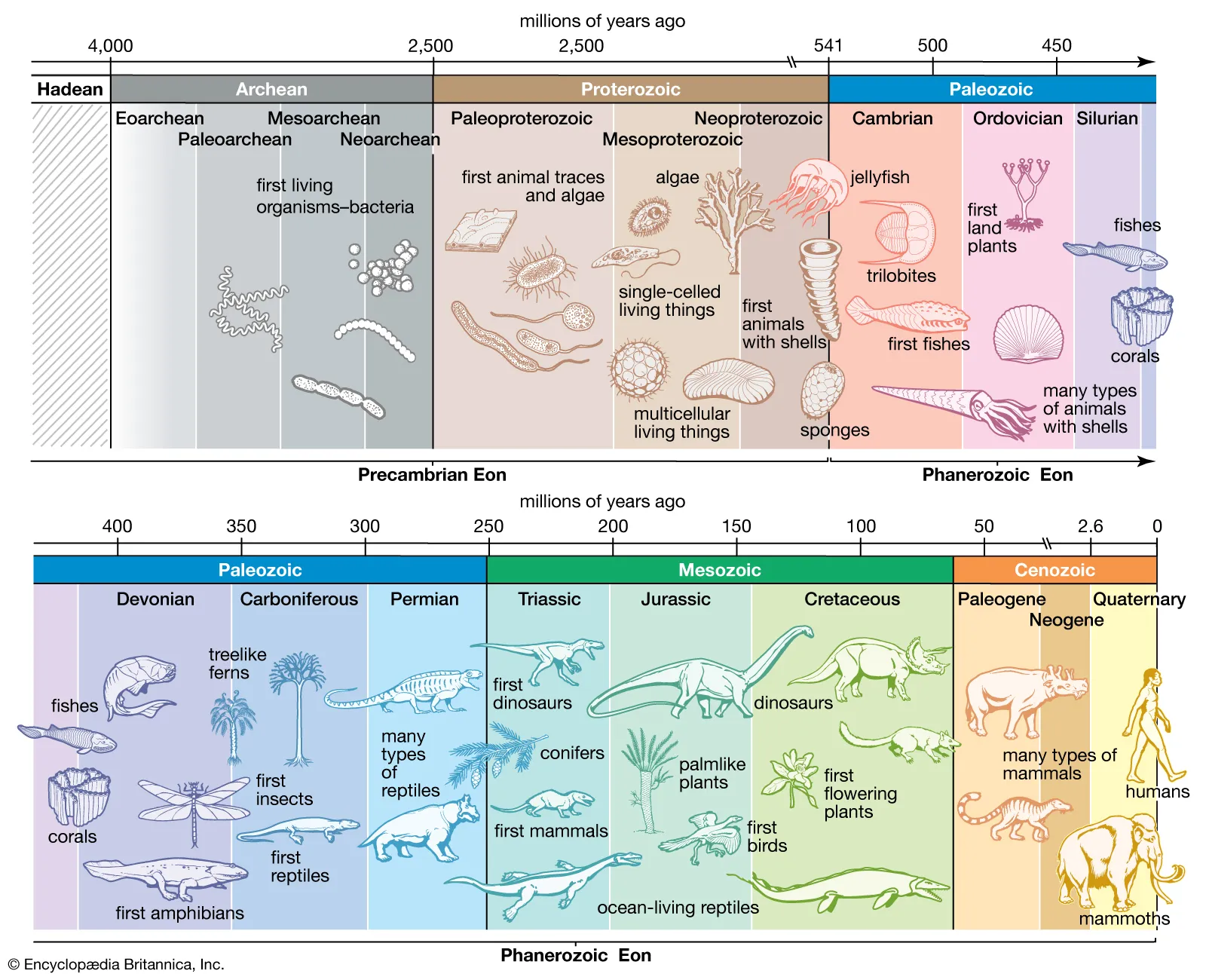I’m laying down a reference marker with this post. Quite a bit of the following video may rise over your head. But stick around. And refer back to it in the coming days, as I add to my latest blog subject, Intelligent Design.
The video is an interview between Peter Robinson of The Hoover Institute (Stanford University) and three academics. Let’s take a look at their credentials.
Peter Robinson is a research fellow at the Hoover Institution, a public policy think tank at Stanford University. He is also the host of “Uncommon Knowledge,” a web series where he interviews intellectuals and thought leaders. Robinson earned his bachelor’s degree in English from Dartmouth College and his MBA from Stanford Graduate School of Business.
John Lennox is a British mathematician, philosopher of science, and Christian apologist. He is a Professor Emeritus of Mathematics at the University of Oxford and an Emeritus Fellow in Mathematics and Philosophy of Science at Green Templeton College, Oxford. Lennox has written several books on the relationship between science and religion, including “God’s Undertaker: Has Science Buried God?” and “Can Science Explain Everything?” He earned his PhD in mathematics from the University of Cambridge and a Doctor of Philosophy in bioethics from the University of San Francisco.
Michael Behe is an American biochemist, author, and intelligent design advocate. He is a professor of biochemistry at Lehigh University in Pennsylvania. Behe has written influential books on intelligent design, such as “Darwin’s Black Box” and “The Edge of Evolution,” which argue that certain biochemical systems are irreducibly complex and best explained by the action of an intelligent designer. Behe holds a Bachelor of Science degree in chemistry from Drexel University and a PhD in biochemistry from the University of Pennsylvania.
Stephen Meyer is an American philosopher of science and an advocate of the intelligent design movement. He is a senior fellow and the director of the Center for Science and Culture at the Discovery Institute, a non-profit organization that promotes intelligent design. Meyer has written several books on the subject, including “Signature in the Cell” and “Darwin’s Doubt.” He earned his Bachelor of Science degree in physics and earth science from Whitworth University, a Master of Philosophy in the history and philosophy of science from the University of Cambridge, and a PhD in the philosophy of science from the University of Cambridge.
Highlights of the Interview
In this interview, Michael Behe, John Lennox, and Stephen Meyer, leading voices in support of intelligent design, discuss flaws in Darwin’s theory and evidence pointing to intentional design in the physical world. Peter Robinson asks if, like Einstein’s theory of relativity, Darwin’s theory has become easier to believe over time. Behe, Lennox, and Meyer all say that the opposite is true, and that Darwin’s theory has been increasingly disconfirmed by observations in biology.
The interview touches on three problems with Darwin’s theory that have emerged in recent decades.
The first is the fossil record, specifically the Cambrian Explosion, which refers to an event where major groups of animal forms appeared abruptly in the fossil record without any discernible connection to ancestral precursors. Stephen Meyer explains that this pattern of abrupt appearance recurs throughout the sedimentary rock column and contrasts with Darwin’s depiction of the history of life as a great branching tree.
The fossil record, instead of following Darwin’s depiction of a great branching tree, looks more like a lawn or an orchard of separate trees where major groups of organisms appear suddenly.
Meyer also addresses the Artifact Hypothesis, which suggests that missing ancestral forms are due to incomplete sampling or preservation. He argues that, 160 years after the publication of “The Origin of Species,” more new animal forms are known now than in Darwin’s time, yet there are still no intermediate forms found.
This has led to an increasing departure from Darwin’s theory rather than a regression towards it.

Peter Robinson asks about Punctuated Equilibrium, a concept proposed by Stephen J. Gould1Stephen Jay Gould (1941-2002) was an American paleontologist, evolutionary biologist, and historian of science. He was a professor of geology at Harvard University and a curator at the American Museum of Natural History in New York. and Niles Eldredge, which holds that evolution takes place in fits and starts. Meyer explains that while it improved the description of the fossil record, they never provided a convincing mechanism for how evolution could occur so quickly. He highlights the two mysteries in his book “Darwin’s Doubt”: the missing fossils and the generation of new biological form.
Meyer emphasizes that generating new forms requires new information, and opening up an ecological niche does not explain the origin of the necessary information to build new animal forms to fill it.
Next Peter Robinson addresses the mathematical problem (problem 2) with Darwin’s theory of evolution. He suggests that the math doesn’t work when considering the time since life emerged, the rate of random genetic mutations, and the complexity of creating proteins.
John Lennox clarifies that Darwin’s theory doesn’t explain the origin of life, as it presupposes the existence of life. Lennox discusses how biologist Richard Dawkins2Richard Dawkins is a British evolutionary biologist, ethologist, and author. He was a professor for the Public Understanding of Science at the University of Oxford. Dawkins earned his Bachelor of Arts degree in zoology from Balliol College, Oxford, and his PhD in zoology from the University of Oxford. initially claimed natural selection was responsible for the existence and variation of all life but later admitted that evolution couldn’t be responsible for the origin of life.
Lennox also mentions Sir Fred Hoyle3Sir Fred Hoyle (1915-2001) was a British astronomer, mathematician, and science fiction writer. He is best known for his work on the theory of stellar nucleosynthesis and his opposition to the Big Bang theory, proposing instead a steady-state model of the universe. Hoyle was a professor at the Institute of Astronomy at the University of Cambridge and was awarded the Royal Astronomical Society’s Gold Medal, among other honors. He authored numerous books on science and science fiction. Hoyle earned his Bachelor of Arts degree in mathematics from Emmanuel College, Cambridge, and his PhD in astrophysics from the University of Cambridge., who argued that life couldn’t have originated on Earth due to mathematical impossibility. Hoyle’s calculations suggested that there wasn’t enough time for life to emerge through random processes. Lennox agrees that minor variations within species are non-controversial, but the origin of new species and body plans is a different issue.
He highlights the perspectives of mathematically conscious biologists like Dennis Noble4Denis Noble is a British biologist and Emeritus Professor at the University of Oxford. He is known for his work on the mathematical modeling of the heart and the development of systems biology. Noble was a co-founder of the field of systems biology, which seeks to understand the complex interactions within biological systems. He has written several books on the subject, including “The Music of Life.” Noble earned his Bachelor of Arts degree in physiology from University College London and his PhD in physiology from the University of Cambridge.and Lynn Margulies5Lynn Margulis (1938-2011) was an American evolutionary biologist and a professor at the University of Massachusetts Amherst. She is best known for her work on the endosymbiotic theory, which posits that organelles such as mitochondria and chloroplasts originated from symbiotic relationships between separate single-celled organisms. This groundbreaking work has had a significant impact on our understanding of the evolution of complex cells. Margulis earned her Bachelor of Arts degree in liberal arts from the University of Chicago and her PhD in genetics from the University of California, Berkeley., who argue that the neo-Darwinism, the standard textbook theory, doesn’t need to be improved but replaced!
Continue reading “Who’s Dead, God or Charles Darwin?”These biologists, familiar with the calculations and complexity, say that from their perspective, Darwin’s theory is dead.
